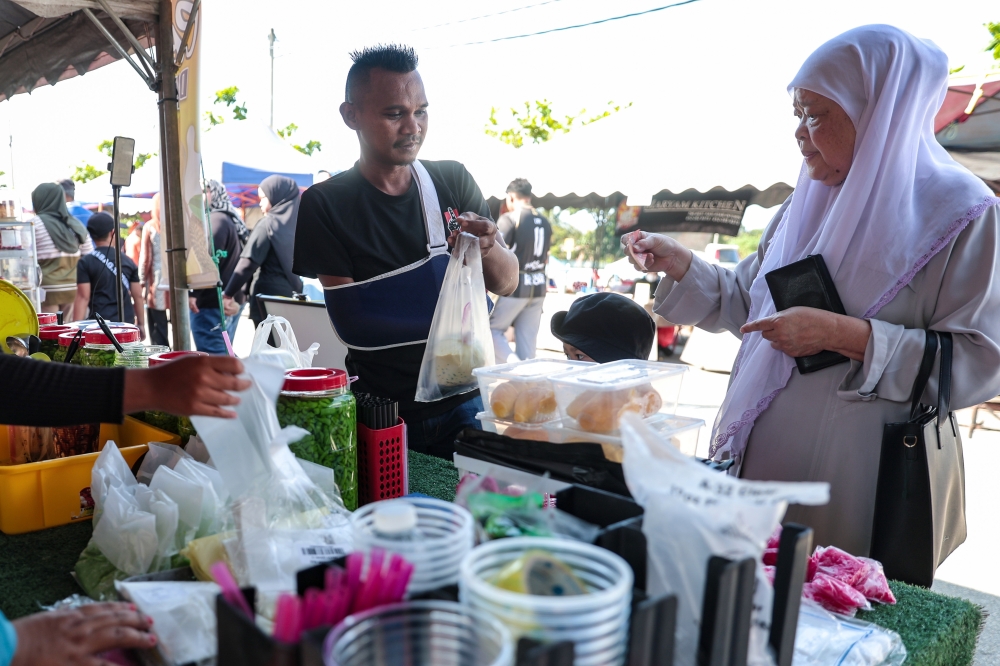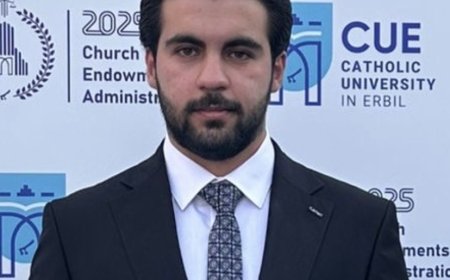How the Canary Islands became a child sex trafficking hub
Case of 13 girls smuggled from Lanzarote and sold into sexual slavery in France exposed network operating in three countries

Unsupervised, unable to speak Spanish and allowed to freely roam Lanzarote, the children are easy prey.
Lurking on the volcanic island, professional paedophile gangs and pimps are picking off the young African migrants and attempting to traffic them to mainland Europe.
It’s a story mirrored across the Canary Islands, whose social care system is collapsing under the weight of illegal immigration. And the result is that paedophile gangs are exploiting the resulting vulnerabilities.
The recent case of 13 young girls being smuggled from a care home in Lanzarote and sold into sexual slavery in France exposed a trafficking network operating in three countries.
This year alone has seen 28,819 Africans arriving in the Canary Islands on rafts or on wooden canoes known as “cayucos”.
A decade ago, the figure was 462, according to figures from Frontex, the EU’s Border Force.
Across the archipelago, there are now nearly 6,000 underage migrants living cheek by jowl in overcrowded foster accommodation.
The 86 homes scattered across the islands host more than a third (37 per cent) of all unaccompanied minors in Spain and are at breaking point.
The authorities tasked with keeping these children safe have admitted they can barely keep track of their wards’ whereabouts.
Francis Candil, the deputy minister of social welfare of the Canary Islands government, said: “They are not under strict 24-hour control.
“When they have been in the home for a while, they go out on their own, go to the movies, go to activities, they start to have an independent life.”
There are 300 open cases of minors running away from care homes, according to the Canary Islands government.
A police investigation into the girls trafficked to France, codenamed Operation Triton, revealed how paedophiles in West Africa and Spain had set up a “perfectly organised network” to smuggle them 3,000km.
The girls are believed to have been taken from a single migrant reception centre in Arrecife, the Lanzarote capital, between November last year and May this year.
Another child, believed to be a boy, disappeared from a centre in the tiny village of San Bartolomé de Tirajana in south-west Gran Canaria.
Detectives from Spain’s National Police Force pieced together how criminals in Morocco had organised the transport and border crossings and fraudsters in the Ivory Coast had created fake ID documents to deceive police.
A network of safe houses had been set up in Spain to temporarily house the minors and manage their passage to France, the network’s intended final destination.
Eleven people were later arrested on suspicion of trafficking minors, nine in Lanzarote, one in Las Palmas de Gran Canaria and the other in Madrid.
Of those arrested, four were remanded in custody as alleged perpetrators of crimes including membership in a criminal organisation, document forgery, human trafficking, offences against family rights, obstruction of justice and child pornography.
Police seized a cache of false documents, electronic devices and bank notes during raids on two houses in Lanzarote.
Detectives launched the investigation in May after officers intercepted three young girls travelling with an adult Mauritanian man as they attempted to board a flight to Madrid with forged documents.
Initial inquiries confirmed that the minors were under the guardianship of a migrant reception centre and that their transfer was being carried out without permission.
One of the minors was later found to be an adult woman posing as a child.
The two adults were arrested for document forgery, crimes against the rights of foreign citizens and child abduction.
Spanish police said the investigation remained open.
‘We live in a world where monsters exist’
A source from the Canary Islands government told The Telegraph that it was impossible to prevent teenage migrants from absconding from foster homes.
Hundreds are believed to be unaccounted for, although often the minors “reach us with a prior pact to move on to other destinations”, he said.
Mr Candil, in an interview with La Voz, an online Lanzarote newspaper, said: “We are permanently training our staff for detection, trying to improve situations and protocols.
“The reality is that we live in a world where monsters exist. For the children in protection in the autonomous community and for those in normalised families.
“There could be mafias behind this, unscrupulous people.”
The Canary Islands have become a hub for migrants from Mali, a country embroiled in violent conflict as Islamist forces fight the government and mercenaries from the Russian Wagner Group.
African women are also being trafficked from the continent through Europe and forced into prostitution in the Canary Islands, The Telegraph has learned.
A Nigerian gang of four men and three women are currently on trial in Las Palmas de Gran Canaria for allegedly forcing women into prostitution and using a “voodoo” ritual to terrify them into obedience.
Prosecutors alleged the women were transported via Greece to Paris and then Madrid with promises of safe passage and well-paid work.
According to one victim, identified in the charge sheet only as “protected witness number two”, her traffickers told her she owed them a debt of €55,000 (£48,000) for being brought to Europe.
If she did not pay it back, she was told her family in Nigeria would be harmed.
The witness described being flown from Madrid to Lanzarote on a Ryanair flight on Sept 25 2015, where she was received by the alleged ringleader madame, identified only as SO, originally from Kano, Nigeria.
The victim said that SO forced her to prostitute herself along with other women in Puerto del Carmen, a Lanzarote resort that is popular with British tourists.
She charged between €70 and €120 for sexual services, all of which she was obliged to hand over to SO or the madame’s proxies, suffering physical and psychological abuse if she did not earn enough money for her traffickers.
After police officers in Lanzarote began asking the victim about SO, she said she was flown to Madrid, where she continued to be exploited as a street prostitute, before being moved on to a brothel in Vitoria called Manila, and then back to Madrid when it was raided by police.
In 2016, she escaped to Barcelona but continued to make payments to her captors.
Six of the seven accused are legal residents of Spain, and none are believed to have previous convictions in Spain.
Prostitution exists in a legal limbo in Spain, with an unknown number of women performing sex work in the streets and brothels.
Pimping is illegal and the ruling Socialist Party wants to criminalise the owners of premises for the purposes of prostitution, but has so far not gained consensus among other Left-wing forces, some of whom favour regularisation of prostitution.
Last year, the police identified 8,000 women working as prostitutes, the majority foreign citizens.
Of these, 250 reported being victims of human trafficking, but the true proportion is believed to be far higher.
[Source: Daily Telegraph]






















































